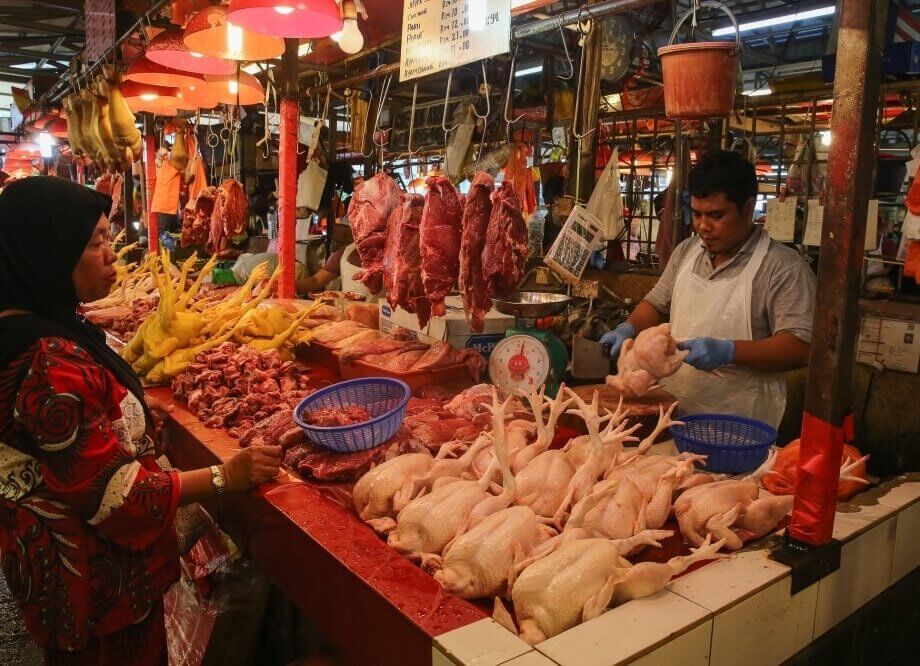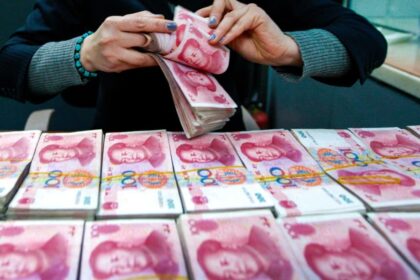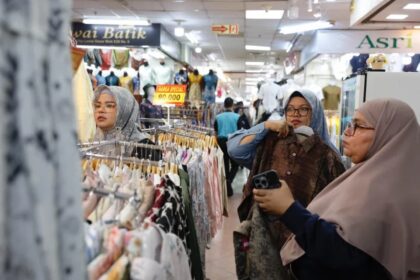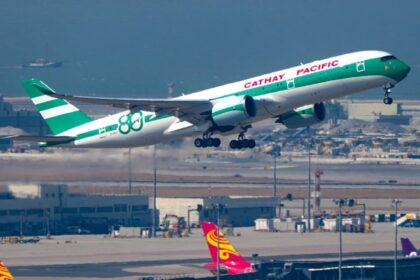Malaysia’s Expanded Sales and Service Tax: What Changes on July 1, 2025?
Malaysia is set to implement a significant revision and expansion of its Sales and Service Tax (SST) regime starting July 1, 2025. Announced as part of the 2025 Budget and confirmed by the Ministry of Finance, these changes aim to strengthen the country’s fiscal position, broaden the tax base, and enhance the social safety net—while taking care not to overburden the majority of Malaysians. The government’s approach is targeted, focusing new taxes on non-essential goods and services, and providing exemptions for basic necessities and key sectors that impact daily life.
Why Is Malaysia Expanding the SST?
The expansion of the SST is a cornerstone of the government’s broader Madani Economy framework, which seeks to improve public finances and fund social programs. By increasing revenue through a wider tax base, the government intends to support public service improvements, infrastructure upgrades, and direct cash assistance to citizens. Finance Minister II Datuk Seri Amir Hamzah Azizan emphasized that the reforms are designed to avoid raising the cost of living for most people, stating:
“The additional revenue can benefit the whole country without burdening the majority of the people.”
Malaysia’s fiscal deficit target is to be reduced to 3.8% of GDP, down from 4.1% the previous year, with the SST expansion playing a key role in achieving this goal. The government has also engaged with industry stakeholders to ensure the changes are practical and minimize disruption to businesses.
What Goods and Services Are Affected?
The revised SST structure distinguishes between essential and non-essential goods, as well as expanding the range of taxable services. Here’s how the changes break down:
Sales Tax: Essentials Spared, Luxuries Targeted
Essential goods will remain exempt from sales tax (0%), ensuring that daily necessities do not become more expensive. These include:
- Unprocessed foods: chicken, beef, mutton, fish, prawns, squid, vegetables, local fruits, rice, barley, oats, wheat
- Processed foods: flour, canned sardines, sugar, salt, white bread, pasta, noodles, instant noodles, milk, malt drinks, cooking oil
- Medicine and medical devices
- Books, journals, newspapers
- Livestock feed and pet food
- Basic construction materials: cement, stones, sand
- Agricultural inputs: fertilizer, pesticide, farming machinery
Non-essential and luxury items will see higher sales tax rates:
- 5% sales tax: abalone, lobster, quinoa, cheese, fruit jams, smartphones, king crab, salmon, cod, truffles, imported strawberries, essential oils, silk fabric, industrial machinery
- 10% sales tax: caviar, shark fins, alcoholic beverages, cigarettes, cigars, leather products, tungsten scrap waste, racing bicycles, antique hand paintings
Service Tax: New Sectors Included
The scope of the service tax is being expanded to cover six new categories, with rates ranging from 6% to 8%. The changes are designed to target higher-value or discretionary services, while providing exemptions for essential services and small businesses. The new sectors include:
- Rental or Leasing Services: 8% tax, with exemptions for residential housing, reading materials, financial leases, and assets outside Malaysia. Micro, small, and medium enterprises (MSMEs) with annual turnover below RM500,000 are exempt.
- Construction Work Services: 6% tax on infrastructure, commercial, and industrial projects. Residential buildings and public housing-related facilities are exempt. Contractors must register if their taxable services reach RM1.5 million in 12 months.
- Financial Services: 8% tax on fee- or commission-based services. Exemptions include basic banking, shariah-compliant financing, foreign exchange gains, capital market activities, and certain insurance services. Registration is required for providers with over RM500,000 in annual fees or commissions.
- Private Healthcare Services: 6% tax applies only to services provided to non-Malaysian citizens, including private traditional and complementary medicine and allied health services. Malaysians are exempt.
- Education Services: 6% tax on private preschools, primary and secondary schools, and higher learning institutions for non-citizens. Malaysian students and disabled persons are exempt. Registration is required for schools charging over RM60,000 per student per year.
- Beauty Services: 8% tax on services such as facials, manicures, hairstyling, tattoos, make-up, and body slimming, for providers with over RM500,000 in annual taxable services.
To prevent double taxation, business-to-business (B2B) transactions and group relief are available for certain services. Non-reviewable contracts are granted a 12-month exemption from the effective date.
How Will the Changes Affect Consumers and Businesses?
The government’s targeted approach means that most Malaysians will not see higher prices for everyday essentials. The focus on non-essential goods and high-value services is intended to ensure that the tax burden falls primarily on discretionary spending and luxury consumption. For businesses, especially MSMEs, various exemptions and reliefs are in place to ease compliance and avoid unnecessary costs.
To support a smooth transition, the government has announced that no legal action or penalties will be imposed on companies working to comply with the new SST requirements until December 31, 2025. The Royal Malaysian Customs Department will provide guidance and support for businesses to assess their obligations and register if necessary.
What Are the Broader Implications?
The SST expansion is part of Malaysia’s ongoing efforts to modernize its tax system and ensure fiscal sustainability. Unlike the previous Goods and Services Tax (GST), which included an input-output tax credit system to prevent cascading taxes, the SST does not have such a mechanism. This means there is a risk of tax-on-tax effects, potentially increasing costs for some businesses and consumers. However, the government’s use of B2B exemptions and targeted reliefs is designed to minimize these effects.
Internationally, Malaysia’s move comes as many countries seek to broaden their tax bases to fund social programs and infrastructure, especially in the wake of global economic challenges. The additional revenue from the SST is expected to support public services, cash assistance, and infrastructure improvements, contributing to the country’s long-term economic resilience.
In Summary
- Malaysia’s expanded Sales and Service Tax (SST) takes effect July 1, 2025, as part of fiscal reforms under the Madani Economy framework.
- Essential goods and services remain exempt from sales tax, while non-essential and luxury items face higher rates (5% or 10%).
- The service tax now covers six new sectors: rental/leasing, construction, financial, private healthcare, education, and beauty services, with targeted exemptions for Malaysians and MSMEs.
- Business-to-business exemptions and reliefs are in place to prevent double taxation and ease compliance.
- No penalties for non-compliance will be imposed until December 31, 2025, giving businesses time to adjust.
- The additional revenue will fund public services, social assistance, and infrastructure, aiming to strengthen Malaysia’s fiscal position without raising the cost of living for most citizens.












